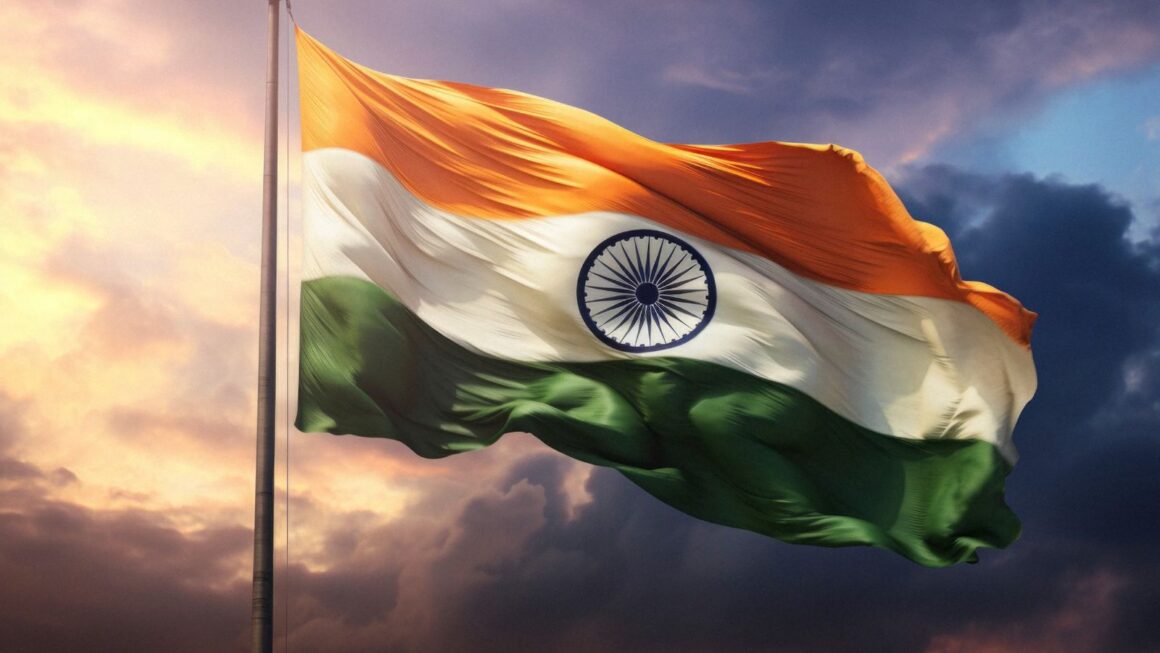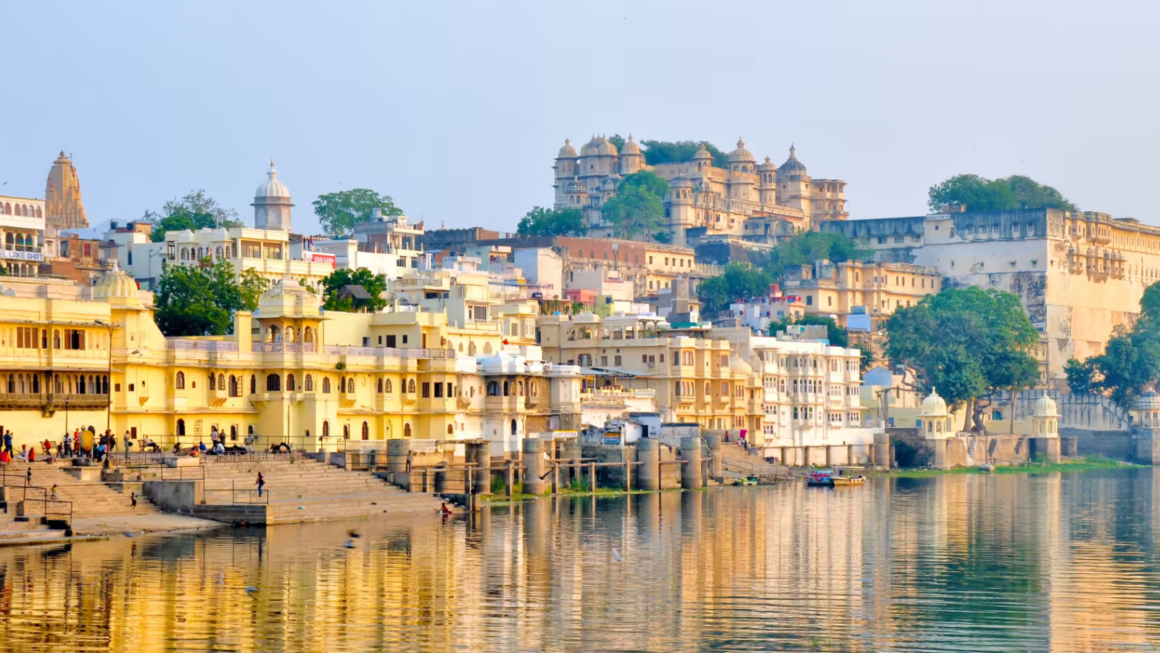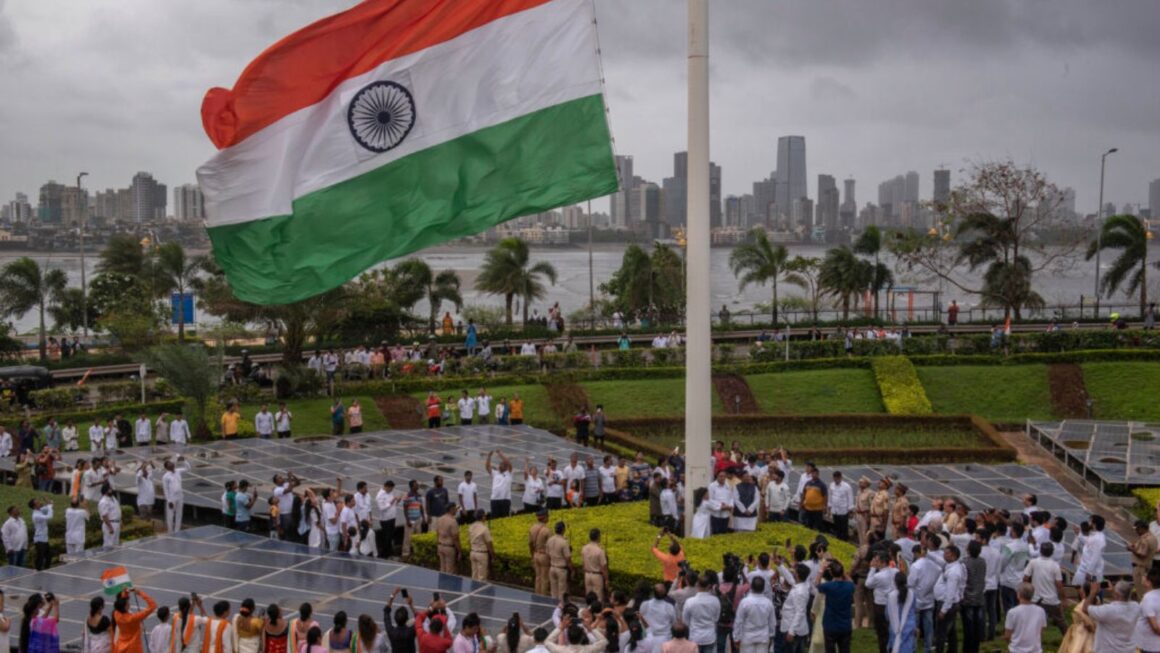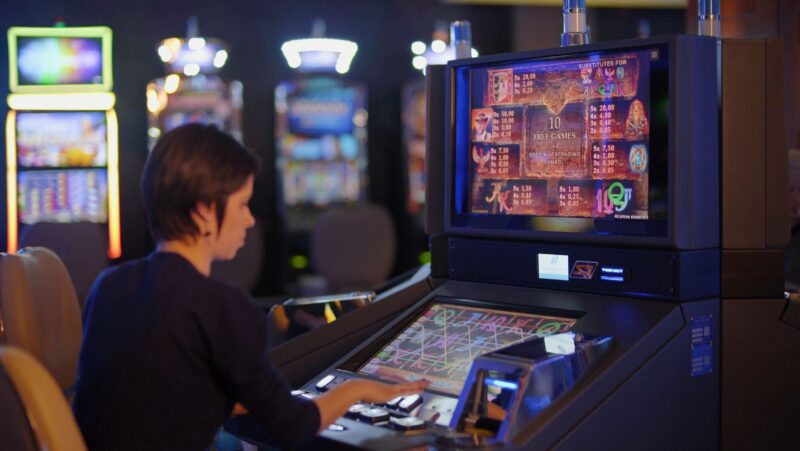

India, a land of vibrant cultures and rich history, boasts some of the most dynamic cities in the world. Each city tells its own story, like a Spanish doll, delicately crafted with layers of tradition and charm, through bustling streets, architectural marvels, and a tapestry of customs. From the tech hubs of Bangalore to the historic allure of Jaipur, India’s cities are a melting pot of old-world heritage and modern innovation.
These urban centers aren’t just economic powerhouses; they’re cultural epicenters that shape the country’s identity. With the influence of fashion influencers alongside a kaleidoscope of festivals, cuisines, and languages, cities like Mumbai, Delhi, and Chennai offer a glimpse into India’s diverse soul. As urbanization continues to transform the landscape, these cities play a crucial role in driving the nation’s growth and development.
City:ed-siz2bqcu= India
City India embodies a mosaic of history, culture, and modernity. Its cities serve as cultural melting pots, exemplified in Hyderabad’s blend of historical sites and technology hubs. Metropolises like Bangalore showcase rapid technological advancements juxtaposed against lush gardens and ancient temples. Urban centers in City India also feature robust infrastructure, critical for economic dynamism. For instance, Mumbai’s finance sector and Chennai’s automotive industry are vital contributors. Simultaneously, architectural wonders like Jaipur’s palaces and Delhi’s Mughal relics captivate history enthusiasts. City India’s urban tapestry offers a multifaceted exploration of growth and tradition.
Economic Landscape
Key Industries
Major industries thrive in urban centers, including information technology, manufacturing, textiles, and finance. Bangalore, known as the “Silicon Valley of India,” leads the IT sector, offering cutting-edge services and software solutions. Mumbai houses the financial sector with the Bombay Stock Exchange and various banking institutions. Delhi supports both textiles and consumer goods through robust industrial networks.
Cultural Heritage
Historical Sites / Festivals And Traditions

Cities in India boast a wealth of historical sites, illustrating the nation’s rich past. Delhi features the Red Fort and Qutub Minar, while Jaipur houses the majestic Amber Fort. Mumbai’s Gateway of India and Kolkata’s Victoria Memorial are iconic landmarks. Hyderabad mesmerizes with the Charminar, and Agra is world-famous for the Taj Mahal. These sites, among many others, attract tourists and reflect India’s historical significance.
Indian cities come alive with festivals and traditions that display their cultural vibrancy. Mumbai celebrates Ganesh Chaturthi with grand processions, while Kolkata’s Durga Puja captivates with elaborate pandals. Delhi hosts Diwali celebrations with spectacular lights, and Chennai’s Pongal marks the harvest season.
Infrastructure And Development
Transportation
Transportation systems in Indian cities range from extensive rail networks to burgeoning metro systems. Delhi Metro, serving over 2.6 million people daily, illustrates urban transit efficiency. Bengaluru and Hyderabad enhance connectivity through expanded metro lines and bus rapid transit. Mumbai’s suburban railway is a lifeline for millions, while Kolkata’s traditional trams reflect a blend of heritage and modernity. Additionally, airports like Chhatrapati Shivaji Maharaj International Airport in Mumbai facilitate domestic and international travel, promoting accessibility.
Urban Planning
Urban planning initiatives in India focus on sustainable development and infrastructure optimization. Smart City Mission aims to create 100 sustainable cities with tech-driven solutions. Cities like Pune integrate green spaces and renewable energy into planning. Ahmedabad employs innovative water management systems to address scarcity. Bengaluru’s zoning regulations and Chennai’s flood resilience projects demonstrate adaptive strategies. Furthermore, urban planners in Chandigarh and Bhubaneswar prioritize pedestrian-friendly designs and efficient waste management, ensuring environmental balance and livable spaces for residents.
Lifestyle And Entertainment
Dining And Cuisine / Recreational Activities

Cities like Delhi and Mumbai feature a rich culinary scene with street food and upscale dining. Mumbai’s Vada Pav and Delhi’s Butter Chicken attract locals and tourists alike. Chennai’s cuisine highlights South Indian flavors, whereas Kolkata offers a blend of Bengali and colonial dishes. Gourmet restaurants and food festivals provide a platform to explore regional delicacies and international cuisines.
Urban centers in India provide varied recreational experiences, including theater, art galleries, and sports complexes. Bangalore hosts cultural events and art exhibitions at venues like Rangoli Metro Art Center.
Harmonious Blend of History
City India stands as a testament to the harmonious blend of history, culture, and modernity. Its cities not only drive economic growth through diverse industries but also preserve a rich cultural heritage that captivates residents and visitors alike. As urbanization continues to reshape these vibrant landscapes, the balance between development and tradition remains crucial.



